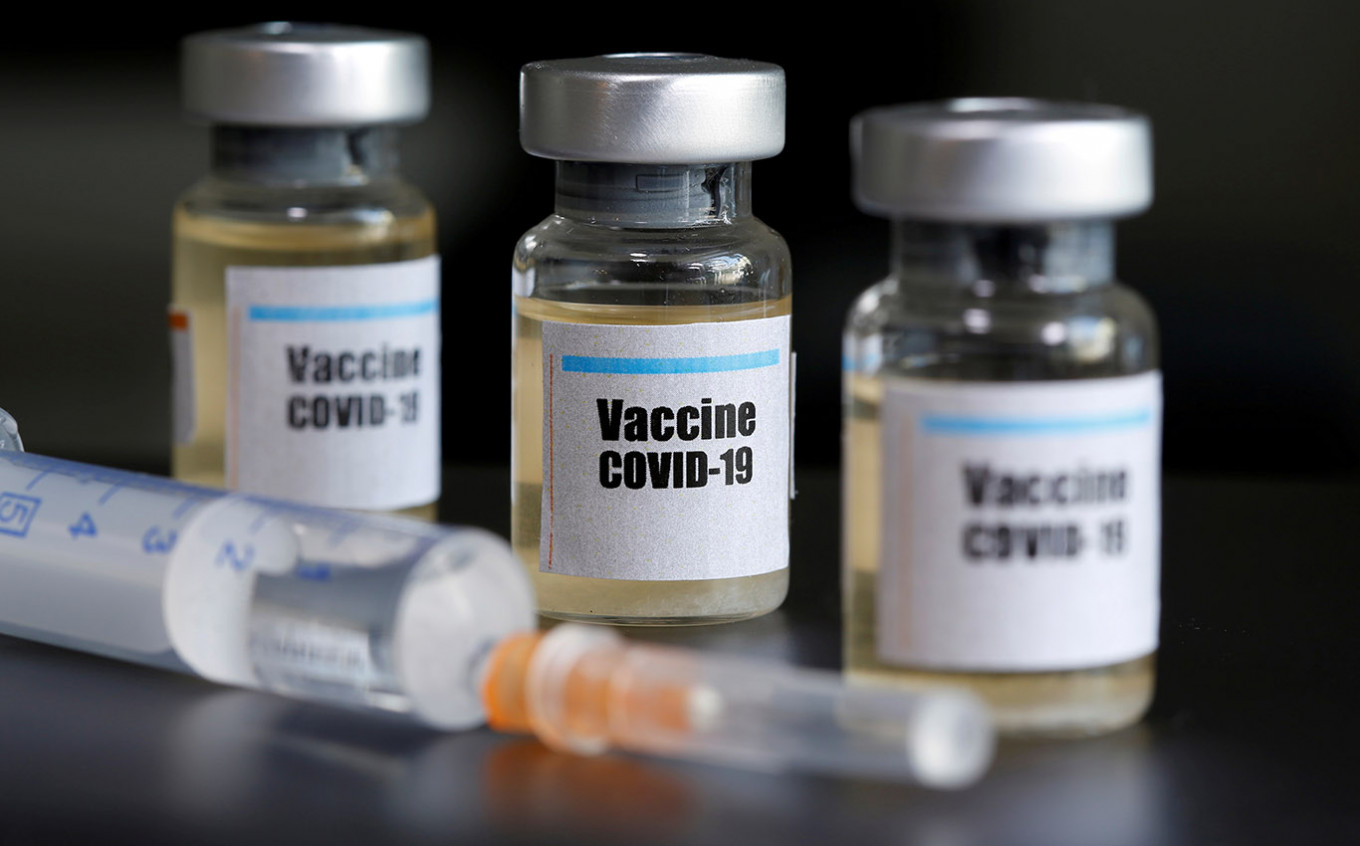[This article has been authored by Ashika Jain and Lakshay Garg, students at Gujarat National Law University.]
Background
Amid the COVID-19 Pandemic, all nations are endeavouring to find a vaccine for the virus. The quest for creating the vaccine has kick-started a race, leading countries/organizations/medical firms into finding a cure before the pandemic wrecks further havoc. This has also created a situation where the one who finds the cure (in the form of vaccine) will make decisions related to its price, manufacturing and sales. The question that then ensues is whether this kind of situation will be detrimental to the interests of society. Claiming patent rights over the vaccine may give rise to a multitude of problems, which may hamper the availability and accessibility of healthcare facilities across all nations. The panacea lies in creating a patent pool at global level, which will enable easy access to the license and aid in manufacturing the product across various jurisdictions.
Patent pooling: a stripped-down intro
A patent pool is formed when two or more parties agree to licence their patents to each other, or to a third party. It is a collaboration in which interested parties have access to each other’s patent rights and the pooled rights are administered and managed on a centralised basis. The license of the patent is given to third parties interested in it. Past decades have seen complex industries, such as oil refining, aircraft, digital media etc., which require proficient expertise and knowledge in order to innovate and grow or venture into patent pooling. In the above-mentioned cases, pooling led to the consolidation of patents thereby facilitating in-licensing and commercialization.
The healthcare industry, however, did not have much luck with the notion of patent pooling. This can be attributed to various factors exclusive to this industry, such as the extremely high costs of developing products, clinical trials, etc. Moreover, Regulatory approvals also act as an impediment in this sector. After crossing these hurdles, patent holders are tempted to demand exclusivity in the market in order to retain control over their assets. Often, they are not willing to compromise the much-earned commercial secrecy by collaborating with others.
Need for Patent pooling during the pandemic
During public health crises in the past, experts have suggested that patent pooling could be an effective tool to combat these. They saw it as a means to curb the SARS outbreak of 2002-03, H5N1 influenza outbreak of 2005, and the H1N1 influenza pandemic of 2009. With the COVID-19 crisis at its peak, it is the need of the hour to put all our resources together to benefit from this mechanism. Not only will it help us alleviate patent-related issues, but it will also speed up the development of a vaccine, with expert minds across the globe working on it together.
The vaccine for the pandemic will most likely be a reality in the near future. However, even after one has pioneered the formula to contend with the present pandemic, the issue will not be resolved completely. The production of vaccine at the global level has numerous concerns attached to it which will result in a hindrance to fast cure. A host of approvals and licenses have to be obtained from the patent owner to lay the groundwork for manufacturing in different parts of the world. This will entail continuous dialogues and impeccable coordination between innovators, manufacturers and supply chains, which ought to be a time-consuming process. Hence, an intersectional area has to be drawn where private players, governments and international organizations work in synergy to make the production of the vaccines time-efficient.
Crises like this require disruptive solutions. The greed for exclusivity must thus, be disregarded and instead, a superior path to welfare must be adopted. Since vaccinations are key to curb the spread of the disease, the exclusive claim over them will be a valuable asset to the companies. The number of uncertainties is likely to increase the transaction costs, demanding high returns to cover them in case of success. This can be potentially achieved through individual licensing. However, given the requirement of the time, it is advisable for the entities to think of collective good, keeping the profit motive aside. In the present scenario, the situation demands that under a trustworthy International Organization, one should create a global pool wherein the patent rules may be relaxed. Furthermore, the countries shall be given permission to implement them without resorting to provisions such as compulsory licensing, state acquisition etc.
The Role assumed by International Instruments
For the last few decades, the World Health Organisation (WHO) has strived to ensure that healthcare facilities are made available to a maximum number of people. To fulfil this objective, it has supported the idea of patent pooling to make sure that drugs are being made available at affordable prices across all nations. This idea was also supported in 2006 to combat HIV AIDS. WHO has always been an ardent supporter of public health-oriented licensing schemes during times of need. It has, therefore, included several approaches to achieve the above goal such as price negotiations, health technology assessments, reference pricing and the use of flexibilities under the Agreement on Trade-Related Aspects of Intellectual Property Rights (TRIPS).
The outlook of the WHO is no different even during the COVID-19 Pandemic. It has embraced the appeal of Costa Rica to set up a voluntary collaboration for companies to pool their patents on an International platform. The global body has also issued a “solidarity call for action” inviting stakeholders to join hands by means of patent pooling and accelerate initiatives to fight the COVID-19 pandemic. However, the efforts made to relax regulations concerning Patent rights are facing resistance by nations such as the U.S.A., which house pharmaceutical giants. Nevertheless, a proper cost-benefit analysis shows that creation of pools definitely raises the expected profits from R&D, reduces the risks of litigation and licensing fees and thus the money spent over them, and encourages pool members for further innovations. Therefore, even developed countries are benefitting from it.
In such desperate times, the member nations should recall their obligation under the TRIPS Agreement. Among other trade-related flexibilities, the agreement aims to provide affordable and faster delivery of medicines to the member nations, by maintaining a balance between social welfare and protection of innovation (Article 7, TRIPS). Global players should realise that public interest and the affordability of drugs should not be differentiated due to the fact that public interest is vitally important to the socio-economic as well as technological development. Thus, concerted efforts to pool in all resources under one roof may lead us out of this dire situation.
Additionally, pharmaceutical companies can work under the aegis of institutions like the Medicines Patent Pool Program (MPP) of the United Nations’ World Health Organization. Under this initiative, all resources are brought together to prioritize licensing of necessary medicines and other related intellectual property. The ultimate goal for the same is to make them available at a low cost to manufacturers that commit to produce and sell drugs to users in low- income countries. In fact, MPP took the idea of patent pooling to a new level by taking inbound licenses from so as to sublicense it to generic drug manufacturers operating in developing countries.
This modus operandi could be further explored both by nations as well as the companies involved in the process, to ferret out an effective solution of the stumbling block at hand.
Pooling patents – is it really a strenuous choice?
Prima facie, the idea of patent pooling may appear to frustrate legal rights of the inventors who would not only be giving up exclusive rights to their innovation but would also receive fewer returns due to shared revenue. However, there are certain latent benefits of pooling which make it a preferable choice during the pandemic –
- Patent pooling will enable. If the companies come up with vaccination and patent it, it may take a lot of time for other companies to obtain a license for producing these. The present situation, however, not only demands efficiency but also effectiveness and promptness to guard the world against this health disaster.
- With scientists and experts around the world striving to create a vaccination for the virus, patent pooling may provide an incentive for them to act in a concerted manner. Not only will it accelerate research, but it will also provide an incentive to all of them through joint ownership of the patent rights.
- Pools often reduce the transaction costs by offering one-stop-shop to firms, that otherwise have to negotiate individually with each license holder, increasing the costs for the same. Pools not only take care of societal welfare,, but are also monetarily beneficial if ensured that an efficient combined price higher than the individual one is decided.
- If experts from around the globe come together, it may lead to the institutionalisation of other technical, non-patented information regarding the drugs or treatment methodologies used, which otherwise may have been kept secret.
- Through patent pooling, the companies can mitigate the problem of hold-ups, which stems from the parties entering into incomplete contracts, and lacking costless enforcement. Similarly, they will be safeguarded from the issue of patent holdouts wherein the implementers of the patent technology strive to delay the agreement so as to pay reduced royalties, causing monetary loss.
The parties shall tick certain check-boxes in order to prevent future obstacles in the development of a vaccine. They shall ensure that innovation and creativity are not hampered because of concerted actions. As a precautionary measure, grant-back requirements should be drafted in accordance with this. In order to incentivise the parties to pool patents, certain limitations shall be imposed regarding the access to competitively sensitive proprietary business information. A centralized administration shall be created at the global level to prevent patent-related impediments and fix royalty rates, etc. The parties shall contribute to the healthcare industry by staying within the contours of legal policy. They shall function in a manner that minimizes competitive concerns.
Conclusion
An efficacious response to an outbreak like the one we are dealing with requires a prompt mobilization of scientific resources available across the globe. All attempts should be made in identifying and subsequently, mitigating legal obstacles to such mobilization. The parties who are playing a big role in creating drugs and vaccines shall aim to take a welfare approach than solely focusing on wealth maximisation. Patent pooling in such circumstances may be an effective answer to these concerns. Not only will it help combat the pandemic, but it will also play a huge role in rebuilding the crippled global economy.



